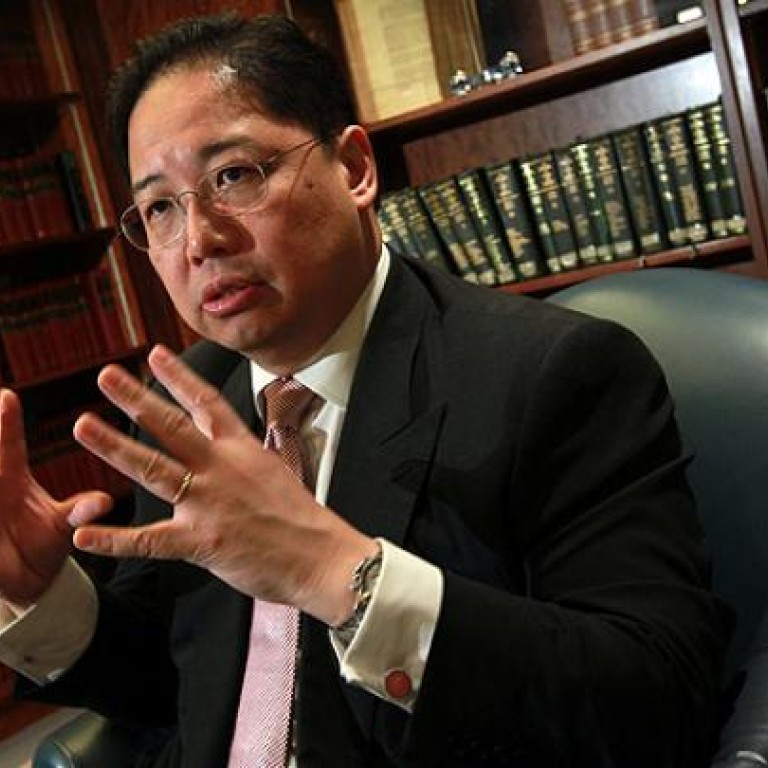
Public pressure forces shelving of law that hides company directors’ details
Under public pressure, the government has decided to shelve a controversial law restricting public access to the personal information of company directors. The Financial Services and the Treasury Bureau said yesterday it would hold back the legislation until consensus had been reached on ways to strike a balance between privacy and freedom of information.
Under public pressure, the government has decided to shelve a controversial law restricting public access to the personal information of company directors.
The Financial Services and the Treasury Bureau said yesterday it would hold back the legislation until consensus had been reached on ways to strike a balance between privacy and freedom of information.
The announcement, in a paper submitted to the Legislative Council yesterday, came two months after bankers, lawyers, journalists and businessmen spoke out about their concerns.
The law, under which directors and company secretaries would no longer have to make public their residential addresses and full identification numbers, is a clause attached to the new Companies Ordinance passed in July last year. It is due to be approved by lawmakers in May.
But public opposition grew in January when the government briefed lawmakers on the subsidiary legislation. It was criticised for undermining the free flow of information, with opponents saying it would eventually hinder newsgathering, prevent employees from finding delinquent bosses to recover arrears of wages and block businessmen from verifying the status of clients.
"We believe we should not rush to solutions without giving more time for the community to build consensus on those issues," the bureau says in the paper. "After we have brought the new Companies Ordinance into operation [in the first quarter of next year], we shall formulate proposals on this subject for further engagement with stakeholders."
We believe we should not rush to solutions without giving more time for the community to build consensus on those issues
Company secretaries, who were not the target of opponents of the law, will be able to replace their home addresses with correspondence addresses but in the meantime will be required to list their full identification numbers.
The chairwoman of Legco's financial affairs panel, Starry Lee Wai-king, described the move as "pragmatic" as the government did not want to delay implementation of the new ordinance.
While the Civic Party and Law Society president Dieter Yih Lai-tak welcomed the suspension, Journalists Association chairwoman Mak Yin-ting urged the government to remove the clause permanently to protect press freedom. The same request was made by the Foreign Correspondents' Club.
Shareholder activist David Webb, who published online identity card numbers of more than 1,100 people including the city's billionaires, rebutted the privacy argument and urged the government to repeal the clause. "This is nothing to do with privacy at all. It is a complete misconception by the government and Privacy Commissioner," he said. "The ID number is an identifier, a better and more accurate version of your name, but it does not tell anything about you."


